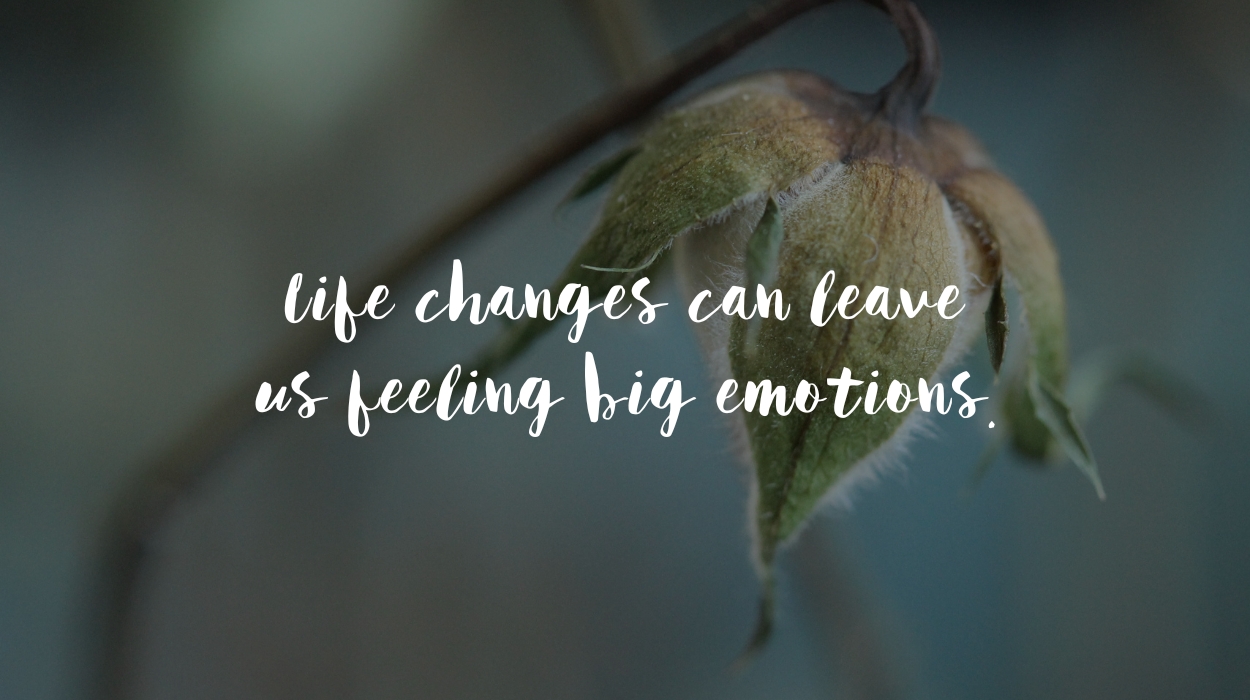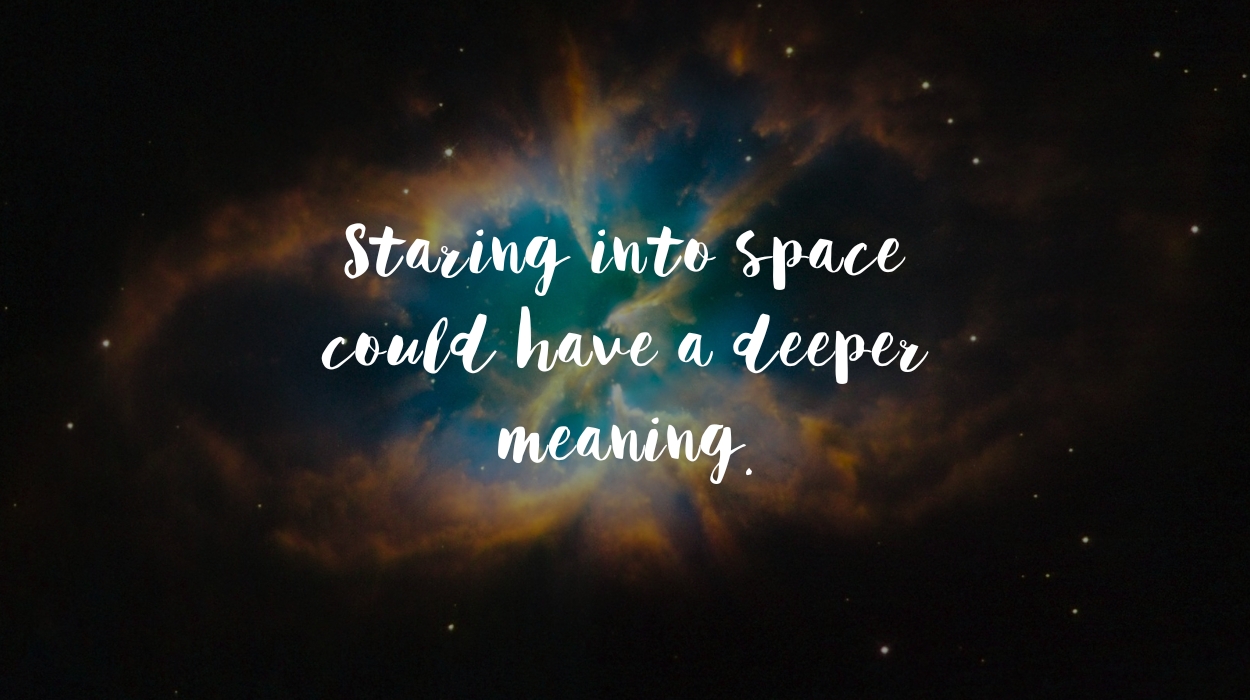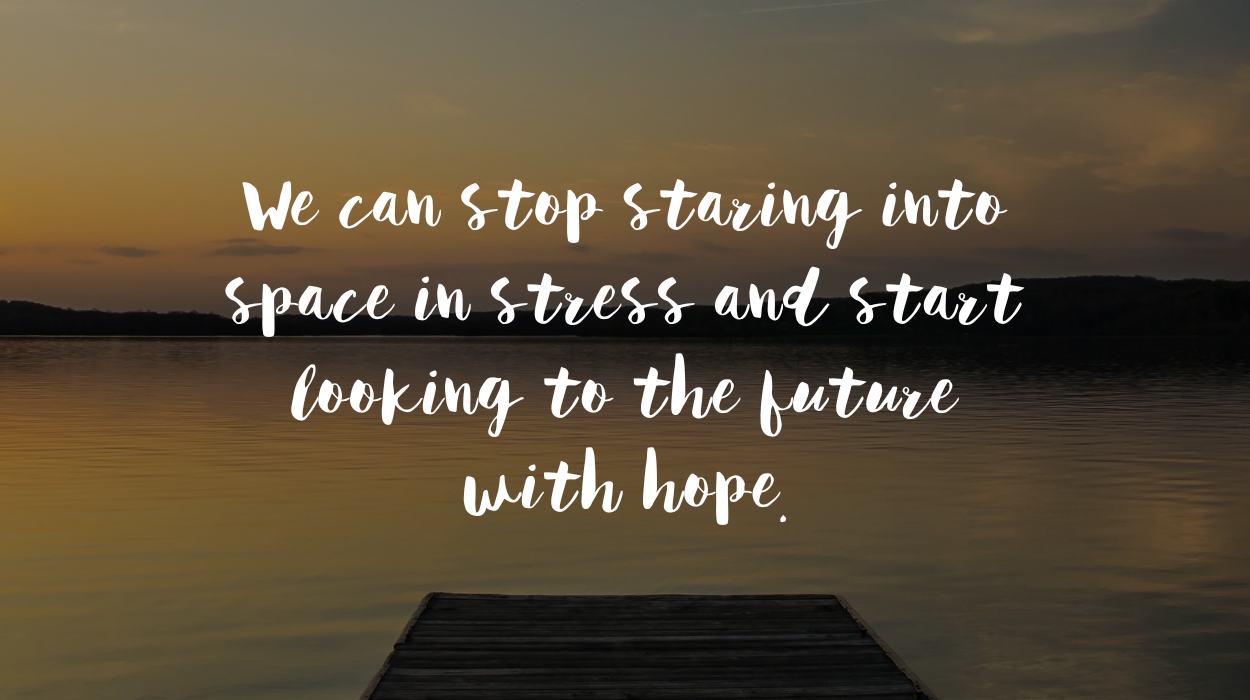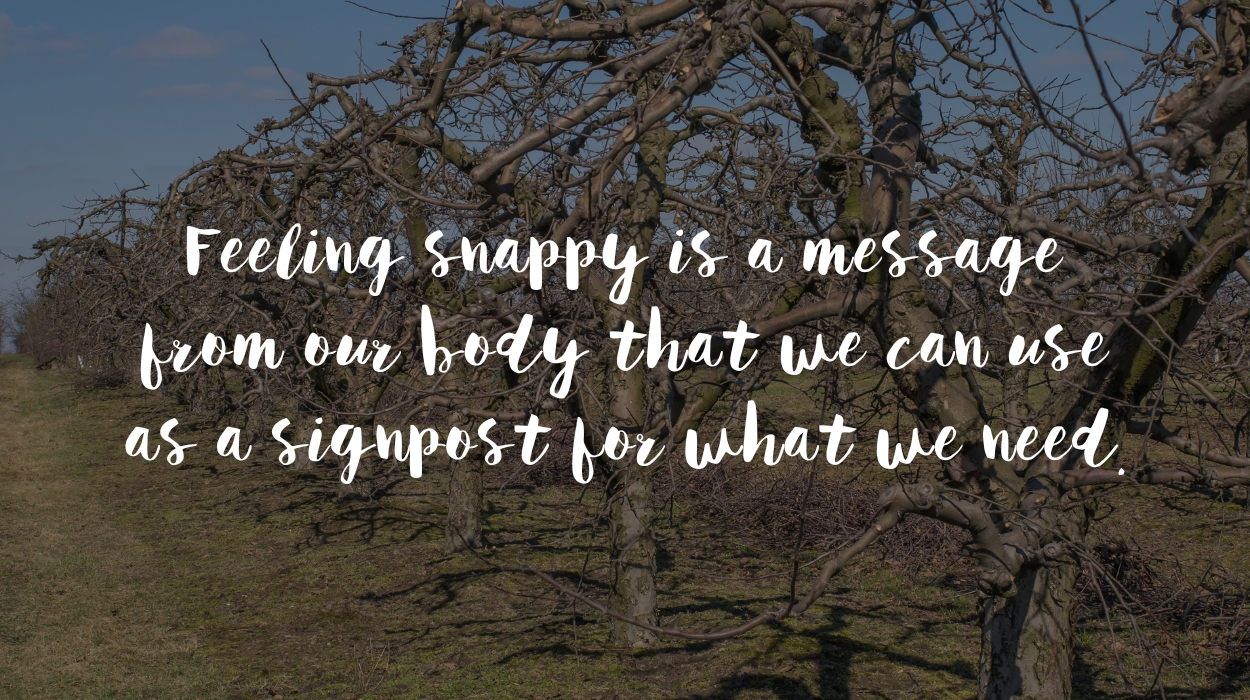When our emotions change quickly, it can feel like we’re experiencing an emotional rollercoaster, where our feelings quickly shift from high to low. This can feel even more challenging for those of us already living with mental illness.
Read on to learn how we can cope when we experience emotional whiplash.
What Is Emotional Whiplash?
Emotional whiplash occurs when we experience sudden changes in emotion. One moment we’re on a high, revelling in how content and good we feel. Then, in the blink of an eye, it can feel as though all of the happiness has been sucked out of us. We fall back down to earth with a thud, floored by a distressing feeling we just didn’t see coming.
This is often triggered by things outside of us and interactions with others. Perhaps we ran into an old friend, received a positive report at work, or did something that felt joyful. During these moments we are on an emotional high; we feel amazing, blissed out, and fully present.
And then, all of a sudden, something happens that disrupts this flow and sends our emotions in a completely different direction. We may receive bad news or we are exposed to something that feels like a jolt to our stomach – and we find ourselves not having the capacity to cope with how this makes us feel. Our mood suddenly drops to a place that is proportionally as low as the high we just felt.
The emotional upheaval caused by this sudden change can send us spiralling into worry and apprehension about the uncertainty of what lies ahead. This is especially challenging when we’re already dealing with the highs and lows of mental illness.
Causes
There are many points in life when we might experience emotional upheaval. Some of these come out of the blue and some we may be able to pin to the progression of our current situation. It can be especially tough when dealing with the death of a loved one or pet, coping with the news of illness, experiencing financial worries, navigating a turbulent relationship or dealing with past trauma.
In 2018, the Mental Health Foundation commissioned a project to look at some of the biggest challenges to mental health during different life stages. Their findings showed people felt most challenged during pregnancy and early parenthood, unemployment and job loss, moving home, and bereavement. These transitions were often accompanied by feelings of worry, lack of control, and uncertainty.
It’s not only big life changes that can leave us feeling emotionally drained. Modern life sees us exposed to catastrophes around the world, many of which leave us feeling overwhelmed and powerless to create change. We don’t want to ignore the news, but if we dwell on everything that’s happening around us, it can harm our mental health.
The modern world asks us to constantly look outside of ourselves instead of taking time to go within. We are drawn in by social media, and constantly fed updates and information about other people’s lives, which can sometimes cause unexpected feelings of anger, envy or decreased satisfaction. It can feel challenging to keep going, especially when we are struggling with ongoing anxiety and/or depression.
How we might feel

When we experience emotional whiplash, it might feel like we don’t know whether we are coming or going. We might find ourselves ping-ponging between feelings of anger and calm, sadness and joy or uncertainty and excitement. It can be exhausting.
As much as we would like to, we aren’t able to predict the future, and right now, things feel raw and out of control. We try to make sense of things and find ways to feel better, but with each step forward we feel like we’ve taken two back.
This period causes us to feel emotionally unstable. Perhaps one minute the tears won’t stop and the next, we’re wondering what we were feeling sad about. When things are playing on our minds, it can be hard to think about day-to-day life or function properly.
When life is like a rollercoaster and our emotions shift so intensely, it can make us feel unsafe. We may feel ungrounded, experience mental fog and struggle to regulate ourselves. It can feel exhausting having high energy one moment, and then feeling so low the next.
The fallout that comes from experiencing emotional upheaval means we can struggle with holding down relationships, or other commitments, such as a job.
When we’re feeling on a ‘high’ we will likely want to connect with others more, feel creative, in flow, and joyful. We try to chase more of these jubilant feelings and extend them as much as possible. But as soon as we face a setback or life becomes heavy again, we find ourselves crashing back down, unable to regulate how we are feeling.
As humans we want to feel good all the time – why wouldn’t we? But we need to accept that emotional fluctuations are a normal part of being human. Our emotions span a range of highs and lows, which must be honoured. There are no rights or wrongs, or ways we ‘should’ be feeling.
Coping with our feelings

Our emotions are what make us human. It can be tough to know how to deal with the feelings that crop up during tough times – especially if we aren’t sure what we are feeling or why. Our feelings can be very raw when we don’t know how to cope with them, and we begin to feel exhausted from the rollercoaster of emotions.
When stormy times hit, it’s okay if we need to shelter and seek refuge by turning to the things that soothe and comfort us until we’re feeling better. There are some ways we can build resilience and make it easier for ourselves to weather the storm:
Self-care
The first thing that usually goes out the window when we are stressed or emotionally consumed is self-care. Our energy is limited and we are so busy focusing on the external storm around us that we forget to take care of ourselves. We might feel like we aren’t in the right headspace to even think about ourselves right now. But things are easier to manage and cope with when we have the energy and the capacity to function properly.
There are many ways that we can begin to factor in time for self-care. Sometimes, checking in with ourselves and meeting our basic needs is all we can manage right now, but this will have a huge effect on how we are feeling. We could perform a body scan to build a better picture of how we’re feeling and to help us identify and address any discomfort in our body that could be caused by stress.
We could spend time journalling and processing our thoughts – perhaps keeping a daily mood diary to help us work through our thoughts and keep us grounded. We could limit our exposure to the news and social media, which may help us to keep focused on the present. Trying to take care of ourselves when we’re struggling isn’t easy, and we might not know where to start. But there are different things we can try, depending on what we feel we can manage and what would best address our needs in this moment.
When life is overwhelming, practising self-care can support us and enable us to cope better with emotional whiplash.
Allow yourself to be supported
Now is an exhausting time as we need even more care than usual. Allowing ourselves to be supported will help us to feel less alone in our situation. We aren’t alone – as humans, our emotions naturally ebb and flow and the people around us, even when it seems like they are coping, will be experiencing all sorts of emotions too.
Our emotions need somewhere to go, they need an outlet, so expressing how we feel and communicating that to others can be a helpful way for us to work through them. There will be people around us who want to support us and gaining another perspective can also help us to better process what we are feeling.
Support might look like talking to family members or friends, joining an online or in-person support group, or speaking to a GP or health professional. All of these options can help us to feel less alone and express our feelings, which in itself can improve and help us regulate our mood.
Keep things simple
When we’re going through an emotionally turbulent time, we need to reduce our overwhelm by keeping life as simple as possible. If we have too much to do, this will add to our already high stress levels and we will feel even more overwhelmed. We might already be trying to juggle all the balls for fear of life coming crashing down around us.
Keeping things simple and focusing on only the very essential where possible will help us to create space for self-care and attend to how we are feeling. We can reserve any energy we do have to cover the basics and necessities and let go of anything else.
Conclusion
Emotional whiplash can feel like we are being pulled from pillar to post. The change in our emotional state can be exhausting as we try to process what we are feeling. It can feel tough to function when we are zigzagging up and down such a vast spectrum of emotions.
As humans, we are used to labelling our emotions as positive or negative, but every emotion we feel is valid and doesn’t necessarily have to be assigned a label. We can learn to accept the natural ebb and flow of our emotions, observing them without judgement and honouring any feelings that arise.
Taking care of ourselves, limiting our exposure to external input that triggers us, and keeping life simple will allow us to boundary the space we need to feel what we’re feeling. Remember that it is human to experience all feelings, and by honouring this, we will be better equipped and have a greater capacity to navigate any curveballs that are thrown our way.
Please help us to help others and share this post, you never know who might need it.
 Resources
Resources
- Indian Journal of Community Medicine. Use of Condoms: Clarifying the Message.
- World Health Organization. Family planning/contraception methods.
- Contraception: International Reproductive Health Journal. Society of Family Planning clinical recommendations: Contraceptive counseling for transgender and gender diverse people who were female sex assigned at birth.
- State of a Generation. (2021). Available at: https://www.mentalhealth.org.uk/sites/default/files/2022-08/MHF-state-of-a-generation-upheaval-uncertainty-and-change-report-2021.pdf.
- Headspace. (2024). Body Scan Meditation – Headspace. [online] Available at: https://www.headspace.com/meditation/body-scan.
- Kristen Webb Wright (2023). Emotional Journaling: How to Use Journaling to Process Emotions. [online] Day One | Your Journal for Life. Available at: https://dayoneapp.com/blog/emotional-journaling/.
- Mind.org.uk. (2023). Mental wellbeing. [online] Available at: https://www.mind.org.uk/information-support/tips-for-everyday-living/wellbeing/wellbeing/.
- Mind.org.uk. (2017). Support services for mental health. [online] Available at: https://www.mind.org.uk/information-support/types-of-mental-health-problems/mental-health-problems-introduction/support-services/.








